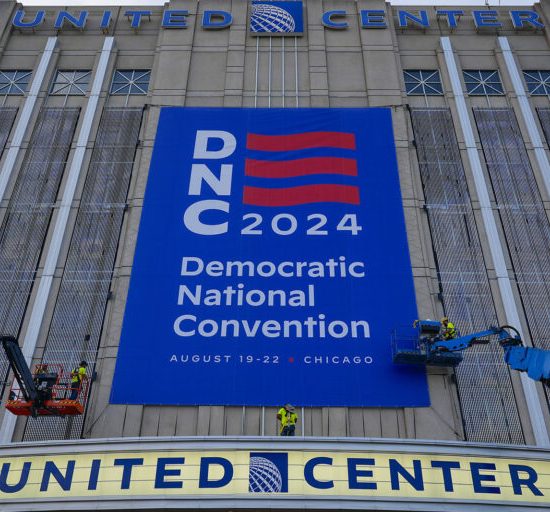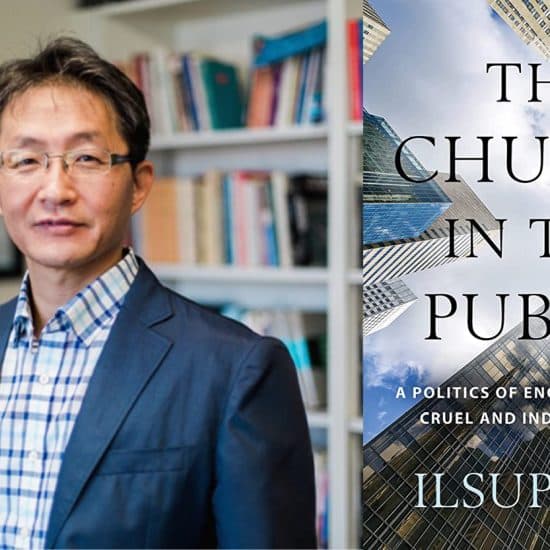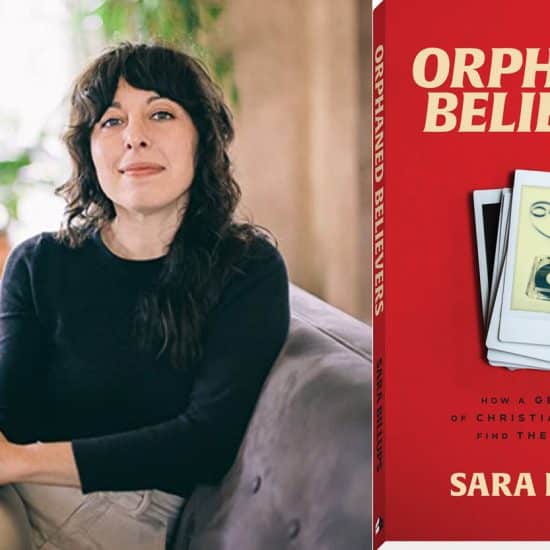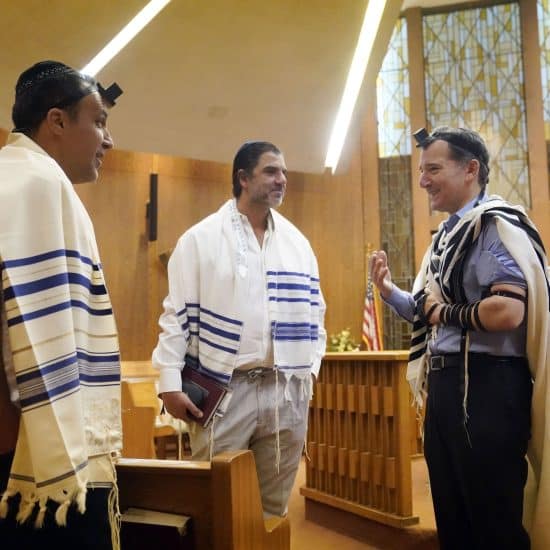While the U.S. Constitution specifically mandates no religious litmus test should be used to determine who holds office, Christians still grapple with how—and if—their faith should inform their choice in candidates. And they often use the Bible to back their decisions.
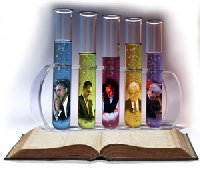 |
Recently, Relevant magazine published a series of opinion pieces in which selected writers shared their reasons for choosing to participate with a particular political party or none at all. All of them pointed to Scripture to support their conclusions.
Caryn Rivadeneira chose the Libertarian Party partly because Jesus called the church to help people who need assistance, but she believes the church has abdicated that responsibility.
Republican Matthew Anderson pointed to 1 Timothy 2:1-2 and Revelation 13:1-10. God has given the government the power of coercion. Republicans recognize the power but choose not to force taxpayers to meet society's needs. They recognize needs but choose to allow people to meet needs voluntarily.
On the other hand, Democrat David Masciotra used Romans 12, Matthew and James to bolster arguments for government participation in social justice and service.
C. Christopher Smith even pointed to Jesus' ministry as justification for his "discipline of not voting."
The constitutional prohibition on a religious test for public office means any qualified person, regardless of his or her faith tradition—or lack thereof—can run.
But should Christians apply their own "test"?
No, according to the Baptist Joint Committee for Religious Liberty. "People often focus on religion, but they shouldn't make a decision (about a candidate) based on religion alone," Executive Director Brent Walker said.
"Article 6 (of the Constitution) keeps government from setting a religious test. … We should not just abide by the letter of the law, … but voters also ought to exercise that same restraint," he added. "Religion is part of the mix but … shouldn't be the primary factor."
The way in which a politician practices his or her faith, rather than the religion itself, plays into that mix. For example, if a candidate holds to a faith tradition that is based upon and highly values peace, how will that affect foreign policy decisions or his or her reaction to the threat of war?
Citizens shouldn't vote on the basis of "theology for theology's sake," Walker added, "but on whether it makes a difference in the performing of the office."
Religious liberty
Ethicist Bill Tillman, the Baptist General Convention of Texas' director of theological education, pointed out that historically, Baptists have championed religious liberty.
In Great Britain, "Thomas Helwys … asked for no religious test to be mandated from the English throne as to who could have religious services. Helwys' conviction was that one's conscience, part of the image of God implanted in us, was of such worth that no king, government or anyone had any business mandating how it should work," Tillman said.
Many Baptists have lost that perspective today, especially in parts of the country where they represent the religious majority, he said.
"In losing a minority perspective, … ironically, some Christians who have never felt a religious persuasion to be mandated lean on getting elected officials to do their commissioned work," Tillman said.
"The United States government was set up as a secular state, a grand vision, that peoples' individuality and sensitivities to the larger social well-being would be what is important."
While some Baptist leaders agree public servants have a right to practice or not practice faith, they also believe Christians should consider the biblical perspective when dealing with political issues. Many Southern Baptist state conventions have a Christian life commission or have a volunteer or staffer to articulate moral and ethical stands to their legislators.
Louisiana Baptist Convention trustees recently named Kelly Boggs as their state convention's public affairs officer. He also serves as editor of the Baptist Message, the convention's news journal.
"I'm interested in issues that have become politicized," he said in a recent interview. "I've always felt strongly about speaking out" on those issues.
Noting that his father had fought in World War II, he added, "It is my opinion that because of what they (servicemen) did … the least I can do … is take a stand publicly for what they fought for."
Christians are called to be "salt and light." The United States is a "participatory democracy, and citizens have the right to participate," Boggs said. "America has been shaped in debate … respectful debate for the most part … I have just wanted to present ideas from a Christian worldview."
Political choice
Although religion—particularly Mitt Romney's Mormon faith—continues to generate controversy in the 2012 election cycle, candidates may not be able to count on faith to garner as many votes as it may have done in the past.
According to a September 2011 LifeWay Research online survey, only one in six Americans is more likely to vote for a candidate who publicly expresses his or her faith than for candidates who do not. That's especially true among voters under 29.
Even though religion may not play as prominent a role, there are still "too many candidates trying to posture themselves as religious champions," according to Rudy Pulido, longtime president of the St. Louis chapter of Americans United for Separation of Church and State, who just recently stepped down.
He believes Americans are no longer "challenged" to fight for religious liberty because the law allows each person to worship as they wish, and have many outlets to express their beliefs.


